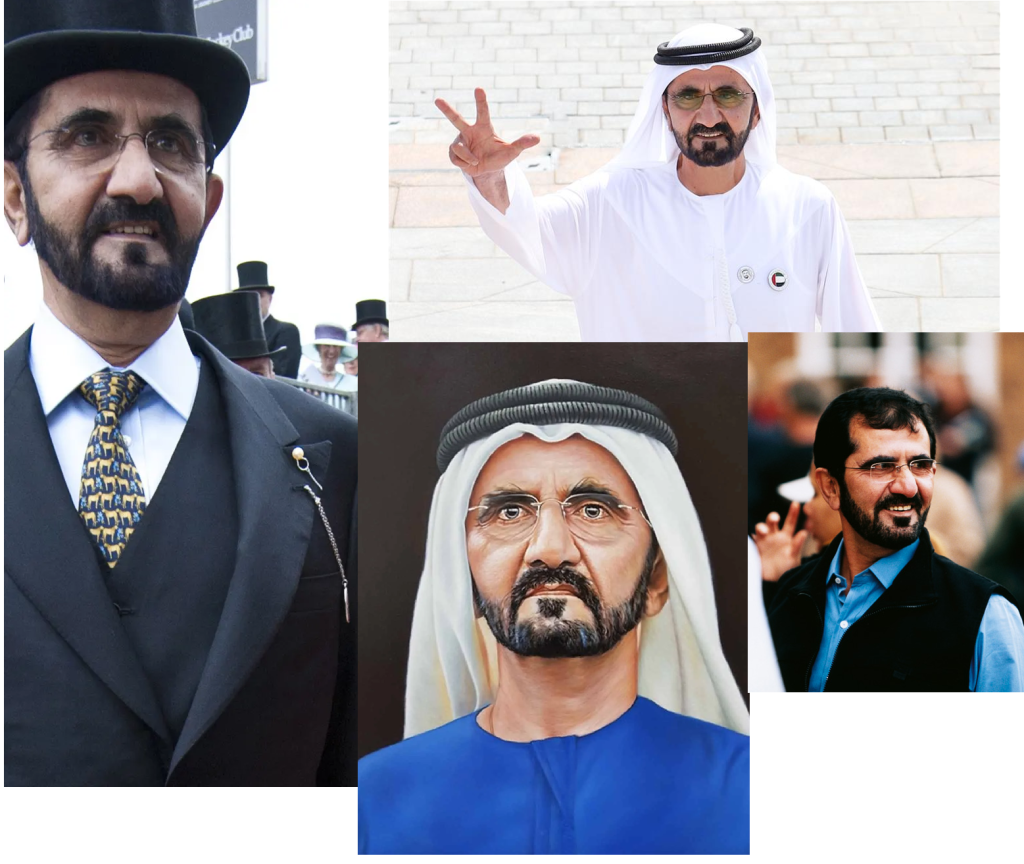Emirates NBD transfers Russians’ money into separate accounts where all payments related to securities accumulate but can’t be withdrawn.

Emirates NBD explained its actions by the requirements of a Western depository (Clearstream and Euroclear) and securities market participants.
Emirates NBD (National Bank of Dubai) is the 2nd largest bank in UAE and a top bank in the Middle East. It has subsidiaries in Turkey (DenizBank, bought from Russian state-run SberBank) and Egypt (Emirates NBD Egypt). It has operations across Saudi Arabia, India, Pakistan, Singapore, and the UK. Also, it has representative offices in China and Indonesia.
Emirates NBD is managed by the Emir of Dubai (pictured above) through his sovereign wealth fund (called the Investment Corporation of Dubai) that has a controlling stake of 55.75% in Emirates NBD.
Other banks are expected to follow the suit, particularly
- ADCB (Abu Dhabi Commercial Bank – best bank in for a savings account)
- Dubai Islamic Bank,
- ADIB (Abu Dhabi Islamic Bank)
- Mashreq Neo.
Their timeline is yet to be seen.
Russians nationals flooded Dubai after the Russian full-scale invasion of Ukraine. UAE saw an increase in Russian tourists by more than 60%. It is estimated that more than 100,000 Russians are in Dubai now. They represent a wealthy stratum of the Russian society and many of them are sizeable taxpaying businesses in Russia who refrain from criticizing the regime. Overall, the UAE attracts those Russians who’d not be comfortable in the EU or Israel and who typically acquiesce to the Russian war crimes.
Meanwhile, banks in Armenia also block transfers of Russians due to sanctions. Liberty, the 3rd largest bank in Georgia, closed the accounts of several Russian citizens without explanation.
These developments are the UAE retreat from the earlier friendly policies towards the rich Russians linked to the regime. As early as in Feb.2023, UAE granted an operating license to Russia’s MTS Bank, enabling Russian nationals to open bank accounts in Dubai.
